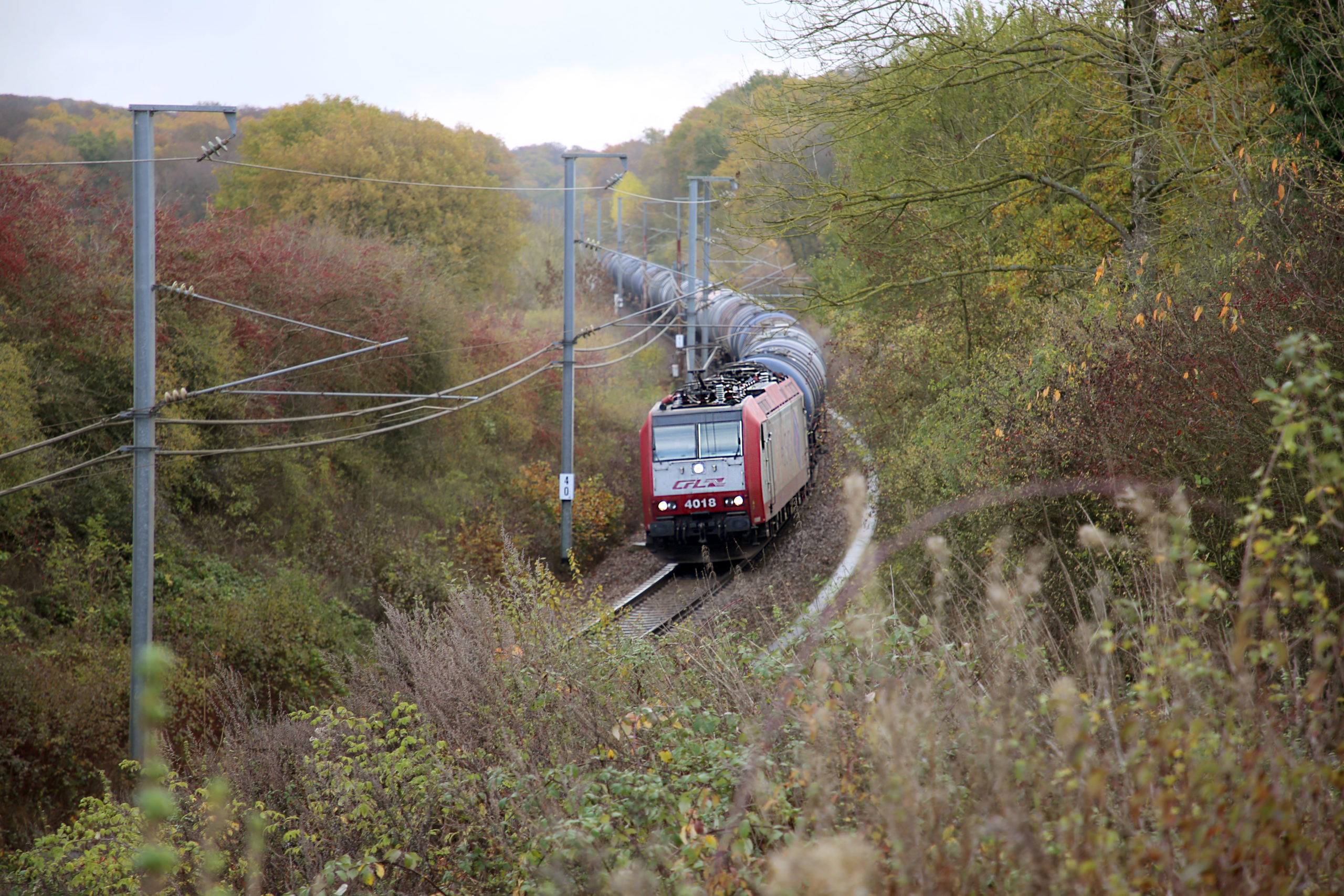- The railway undertakings belonging to the Rail Freight Forward (RFF) coalition welcome the possibility of reductions to and temporary waivers of track access charges (TAC)
- The railway industry is making a very slow recovery from the impact of the COVID-19 pandemic and this support measure would help the sector
- A number of Member States are taking the opportunity to either reduce or waive track access charges
- RFF appeals to the other Member States to seize this opportunity to facilitate the industry’s economic survival and recovery

(Luxembourg, 08/12/2020) – The rail freight sector has made tremendous efforts to keep Europe’s countries running, supporting both industry and society throughout the COVID-19 pandemic. Our employees were considered frontliners in the task to supply hospitals with masks, hydro-alcoholic solution, energy to heat medical buildings and maintain continuous supplies of goods like food and beverages in stores.
Nevertheless, rail freight undertakings have been heavily impacted by the crisis and have suffered financially. The sector therefore needs measures that secure the survival of rail freight transport and its recovery for the benefit of the entire European economy.
Reductions in infrastructure track access charges, also known as railway tolls, will form the basis for competitive and environmentally friendly rail transport, particularly in light of the challenges posed by the COVID-19 pandemic. The RFF members are very grateful to the European Commission for launching this commendable initiative and to the European Parliament and Council for their swift resolution. The Rail Freight Forward coalition fully appreciates the value of the initiative.
It’s time all Member States take this urgent and smart decision to pave the way for competitive and environmentally friendly rail transport.
RFF members anticipate and expect that the Regulation will be extended beyond December 2020 by the European Commission, given the measures introduced by a number of Member States, and considering the impact of the COVID-19 pandemic. We call on all Member States to use this opportunity to propose an extension to the measures beyond December 2020.
Necessary initiative for the industry
The entire global and European economies have been massively affected by the COVID-19 pandemic, as has the transport industry. The TAC reductions that now apply to rail freight transport help balance out the advantages that road has over rail in terms of costs and systemic frameworks, and help create competitive transport conditions. The TAC reduction is unbureaucratic and benefits all operators equally – it remains the simplest and most appropriate means to support the sector.
Rail freight transport has taken on a crucial task when it comes to climate change policy and plays a crucial role in achieving European environmental and climate targets. Rail freight transport has been practically stagnant for the last 15 years, long before COVID-19 struck, which is why this sector support is essential. This support mechanism is urgently needed to secure the industry’s survival and will not be passed on to customers.
About Rail Freight Forward
Rail Freight Forward is a coalition of European rail freight companies that are committed to drastically reducing the negative impact of freight transport on the environment through innovations and an intelligent transport mix. The coalition aims to increase the modal share of rail freight in Europe to 30% by 2030 as the better macro-economic solution for European growth. It mobilises railway undertakings, infrastructure providers and politicians in Europe to take action in order to realise this modal shift. Rail Freight Forward is a large coalition that is constantly growing.
The coalition is composed of rail freight companies and is supported by the associations CER, UIC, ERFA and VDV. The current members of Rail Freight Forward are BLS Cargo, CD Cargo, CFL cargo, CIT, DB Cargo, Fret SNCF, FTE, Green Cargo, Lineas, LTE Group, Mercitalia, Ost-West Logistik, PKP Cargo, ÖBB Rail Cargo Group, Renfe Mercancias, SBB Cargo, and ZSSK Cargo.